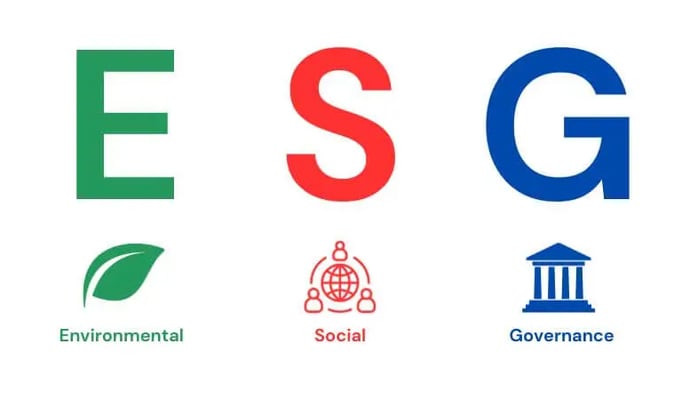
The New Statesman - Energy & Climate Change Conference 2024
17 May, 2024
/
Environmental, Social and Governance (ESG)
,
Affordable and Clean Energy
,
Climate Change
,

Check out other articles

Simplify Your Social & Environmental Impact Reporting with Rio
18 March, 2025 / Corporate Sustainability, Environmental, Social and Governance (ESG), Industry, Innovation, and Infrastructure,
Blog


How do we report on social and community impacts alongside environmental metrics
18 March, 2025 / Corporate Sustainability, Environmental, Social and Governance (ESG), Industry, Innovation, and Infrastructure,
Blog




